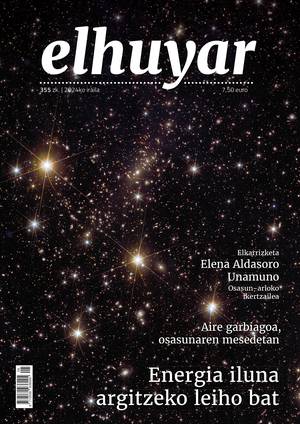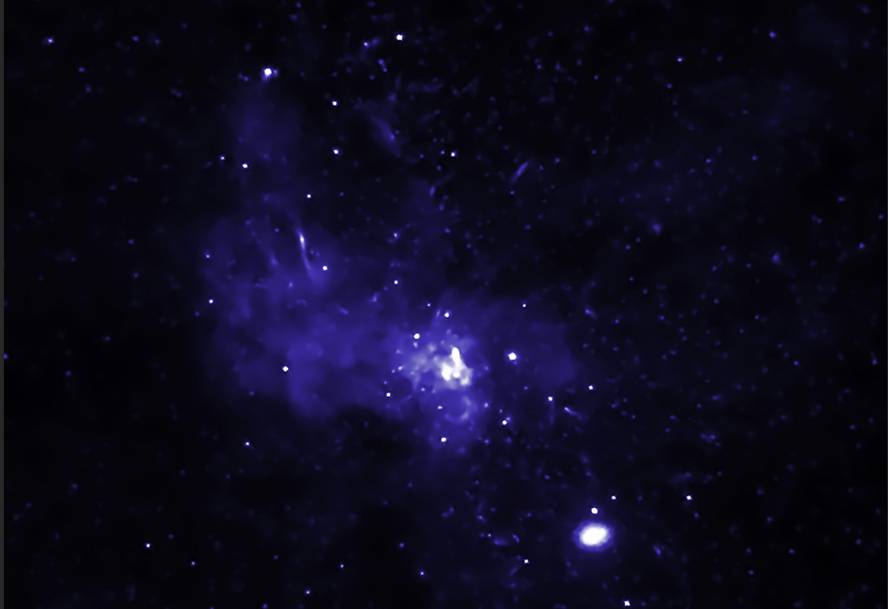A dozen small black holes around the giant black hole of our galaxy
A group of astronomers from Columbia University (USA) have detected a dozen small black holes in the center of the Milky Way and about a giant black hole located 25,000 light years from Earth. They have been able to measure the X-rays emitted by black holes, analyzing 1.4 million observations made by the Chandra Observatory for 12 years.
Since X-rays are emitted by white dwarfs, as well as by the very gases and dust in the center of the galaxy, it is difficult to separate the X-rays emitted by small black holes from those. That is why so far black holes have remained hidden from our eyes. However, in view of the new data, researchers have suggested that around the huge black hole of our galaxy there may be another 10,000 and 20,0000 small black holes. And its halo of gas and dust is very appropriate for the birth of massive stars that could then die and become black holes.
The small black holes found are binary systems of a star and a black hole, in which astronomers believe that the black hole is stealing matter from the star. This research will serve to confirm an old hypothesis that may be the key to understanding the genesis and evolution of galaxies, which envisaged the possibility of coexisting thousands of small black holes around the supermassive black holes of the large galaxies. From now on you will have the opportunity to analyze the interaction between the giant black hole and the smaller ones. The authors of the paper recalled that our galaxy is the only laboratory to analyze it, as the others are too far away. Article published in the journal Nature.







